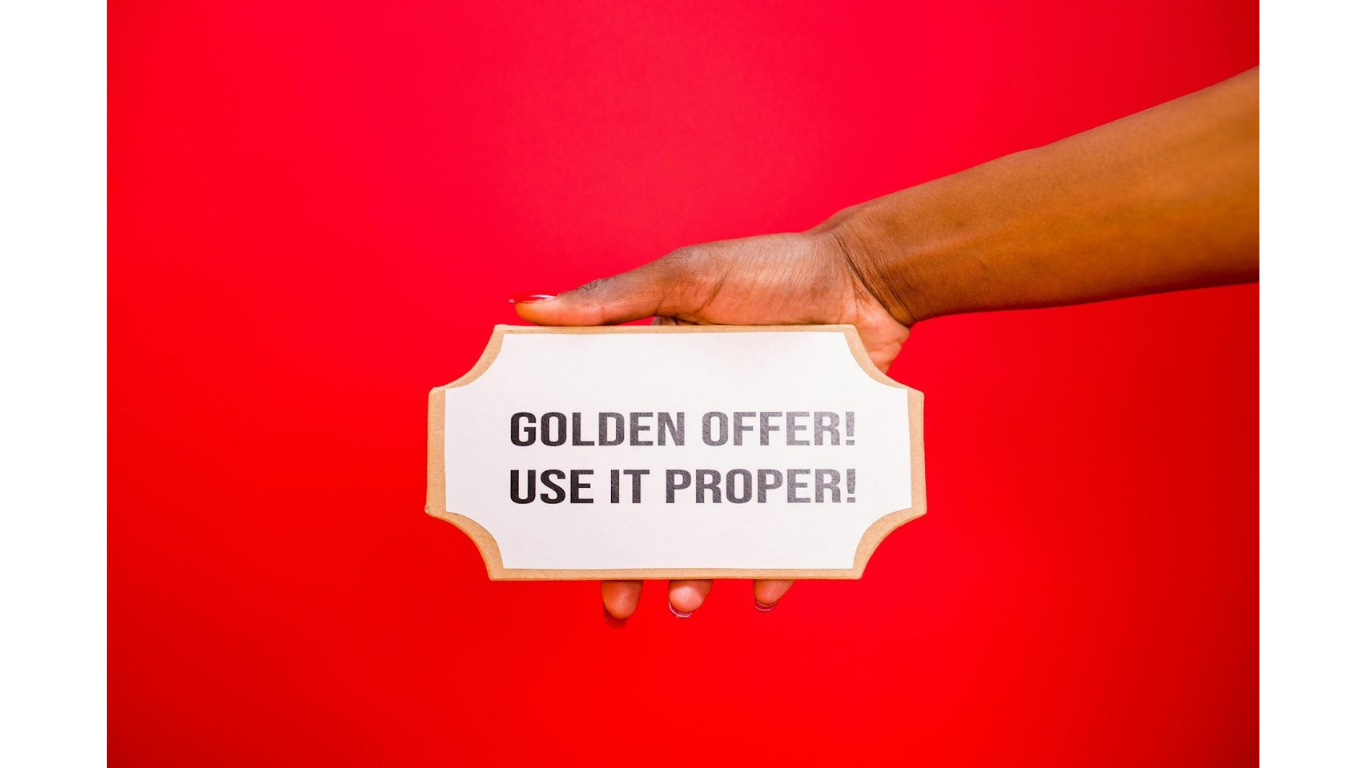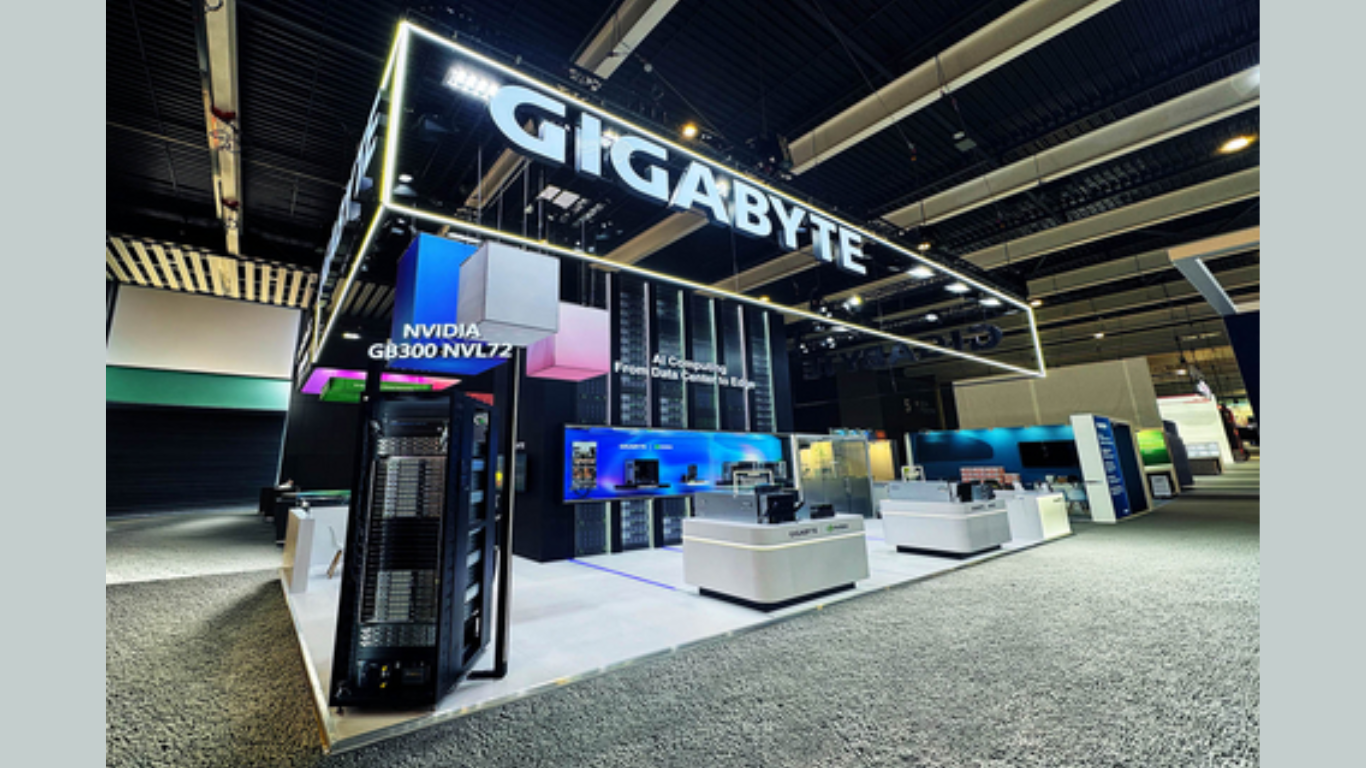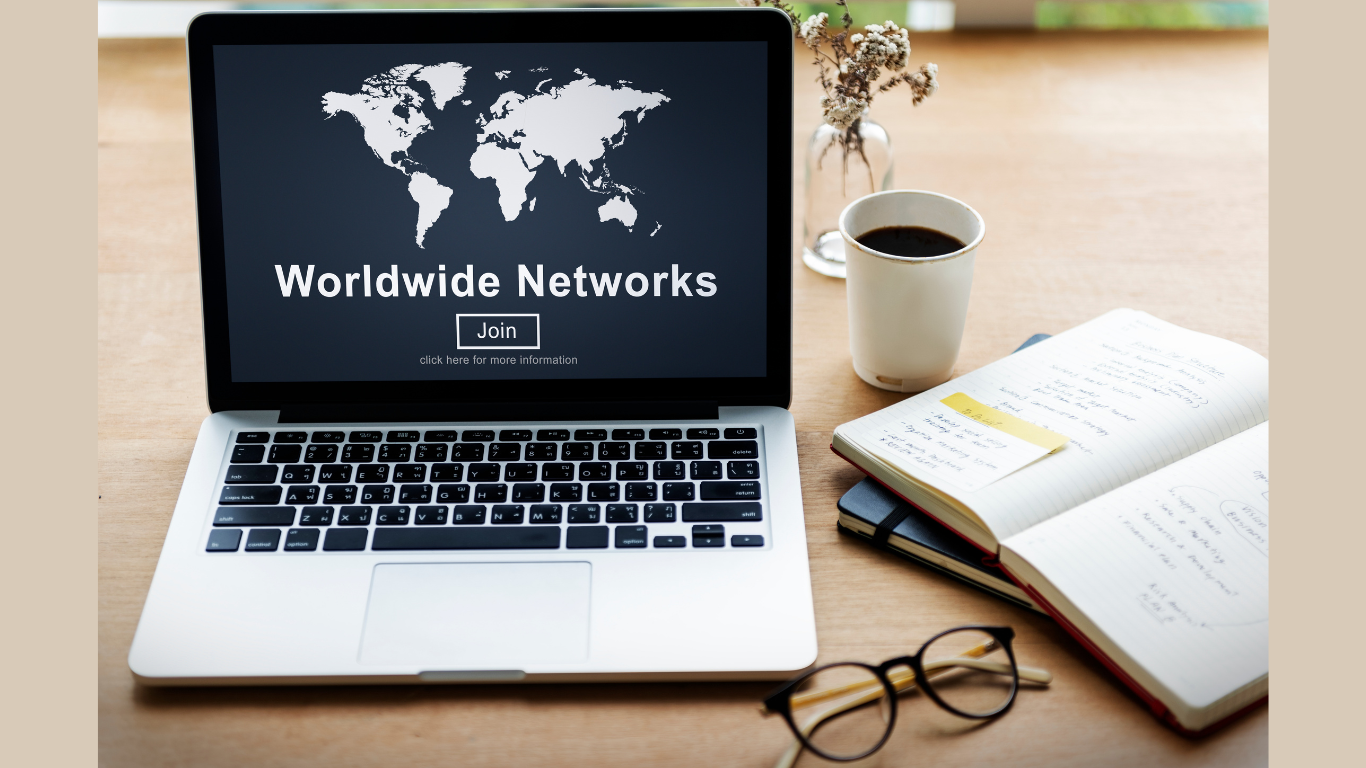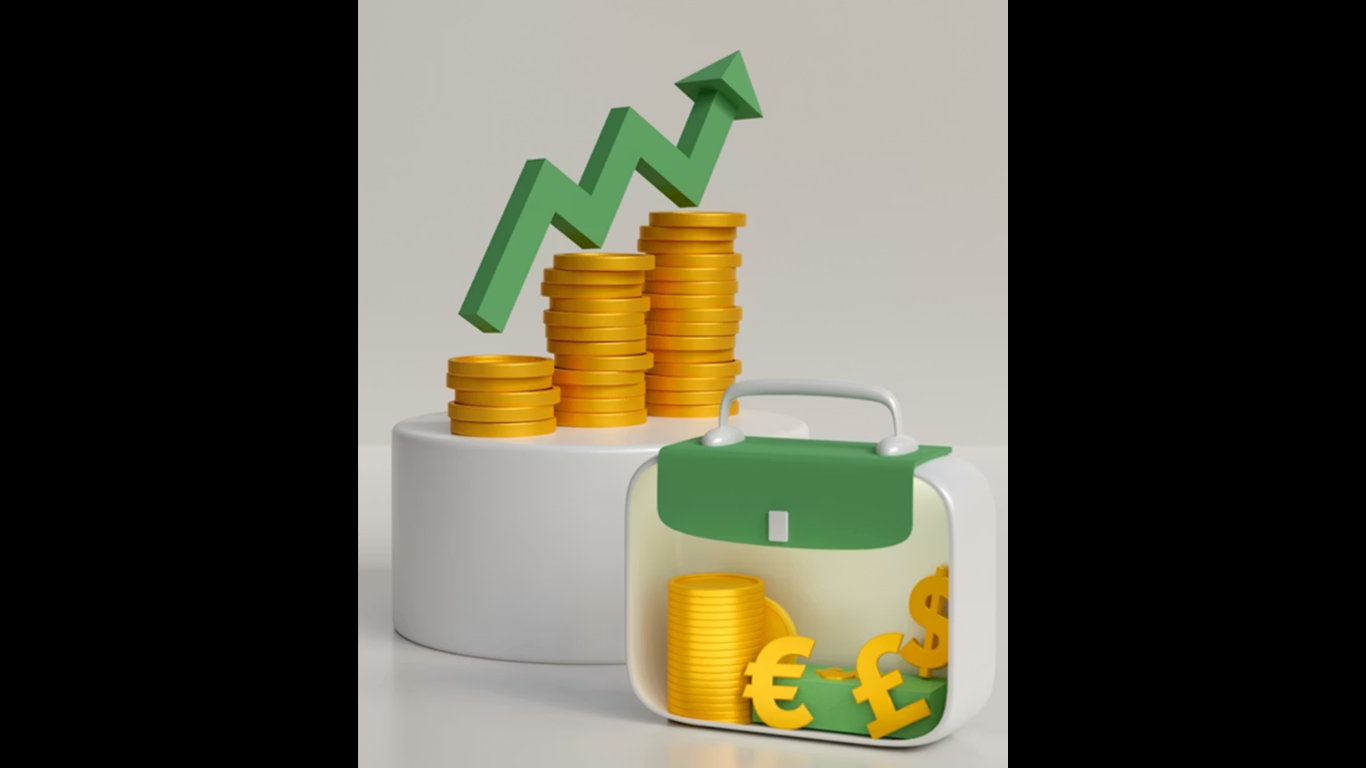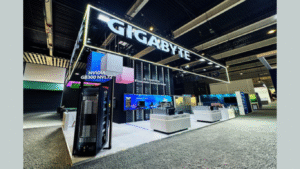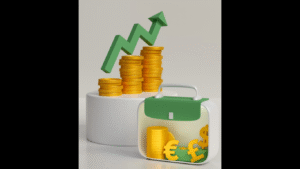Shopping habits are evolving at a rapid pace. Among the many innovations shaping consumer experiences, digital coupons have emerged as a powerful tool influencing how, when, and where people shop. No longer limited to newspaper clippings and physical vouchers, discounts are now available at the touch of a screen, whether on a smartphone, email inbox, or browser extension. These digital incentives have streamlined the shopping process and reshaped the decision-making and spending patterns of consumers across industries.
As businesses compete for customer loyalty and market share, understanding the impact of digital coupons on consumer behavior is crucial. From driving impulse purchases to building long-term brand relationships, the reach and effectiveness of digital coupons are changing the game for retailers and shoppers alike.
The Rise of Strategic Shopping Behavior
The widespread availability of digital coupons has cultivated more strategic and informed shoppers. Consumers are now taking the time to compare offers, search for promo codes, and plan purchases around sales events and discount periods, experts from CouponChief explain. Rather than diminishing the value of shopping, digital coupons have added a layer of planning and optimization. For example, many shoppers delay their purchases until a coupon becomes available, or they subscribe to newsletters to gain early access to special promotions. This shift has increased consumer engagement with brands and led to a more calculated approach to spending, which contrasts sharply with the less-informed buying patterns of the past.
Shoppers Are Becoming More Brand-Agnostic
Digital coupons have diminished brand loyalty in favor of value-driven choices. Consumers are more likely to switch brands or retailers if a better discount is available elsewhere. This trend is particularly evident in industries like food delivery, fashion, and personal care, where the price difference can heavily influence consumer decisions. Digital platforms that aggregate coupon codes, like browser extensions or cashback apps, further empower consumers to choose savings over brand familiarity. While this presents a challenge for companies trying to maintain loyalty, it opens opportunities to attract new customers through strategic digital promotions.
Increased Mobile Shopping and App Engagement
Digital coupons have accelerated the adoption of mobile commerce, as many deals are available exclusively through retailer apps or mobile-friendly platforms. Retailers frequently offer app-only discounts or reward users with bonus points for shopping via mobile, which drives more downloads and increases time spent within branded ecosystems. This shift to mobile has transformed how consumers interact with brands. Shopping is no longer confined to physical stores or desktop computers. Customers can access deals, compare prices, and complete transactions from anywhere, fostering a more convenient and continuous shopping experience.
Increased Impulse Buying Through Accessibility
One of the most noticeable shifts in consumer behavior due to digital coupons is the rise in impulse buying. The accessibility of these offers, via apps, websites, or automated pop-ups during checkout, makes it easier for consumers to justify unplanned purchases. A shopper browsing online might have no intention of buying until a 20% off promo code appears, tipping the scales toward instant gratification. Unlike traditional coupons that required pre-planning and clipping, coupons create a real-time shopping experience that encourages spontaneity.
The Influence of Social Media and Influencer Marketing
Social media has become a vital channel for distributing digital coupons, with influencers and content creators often sharing discount codes as part of brand partnerships. This approach blurs the line between marketing and personal recommendation, making promotions feel more authentic and targeted. Consumers are increasingly influenced by deals shared through Instagram stories, TikTok videos, or YouTube hauls when these promotions come from trusted personalities. Digital coupons in this context become part of a lifestyle narrative, not just a financial incentive.
Data-Driven Personalization Is Reshaping Shopping Habits
Perhaps one of the most transformative aspects of coupons is the ability to personalize offers based on user data. Retailers use browsing history, past purchases, and location data to deliver targeted promotions tailored to individual preferences. This level of customization improves the likelihood that a consumer will redeem the coupon and complete a purchase. Personalization fosters a sense of exclusivity, as customers feel recognized and rewarded for their loyalty.

The rise of coupons marks a pivotal shift in consumer behavior, one that blends convenience, technology, and psychology to influence shopping patterns in profound ways. By driving impulse buys, encouraging brand switching, enabling smarter spending, and deepening engagement through mobile and personalized experiences, digital coupons have become a staple in modern commerce. For consumers and businesses, adapting to this change means embracing the digital tools and strategies that define the shopping experience today, and the world of retail that is yet to come.
Article received on email


